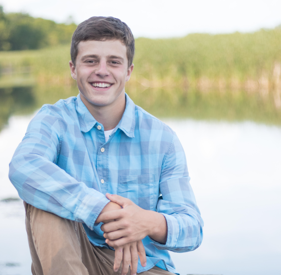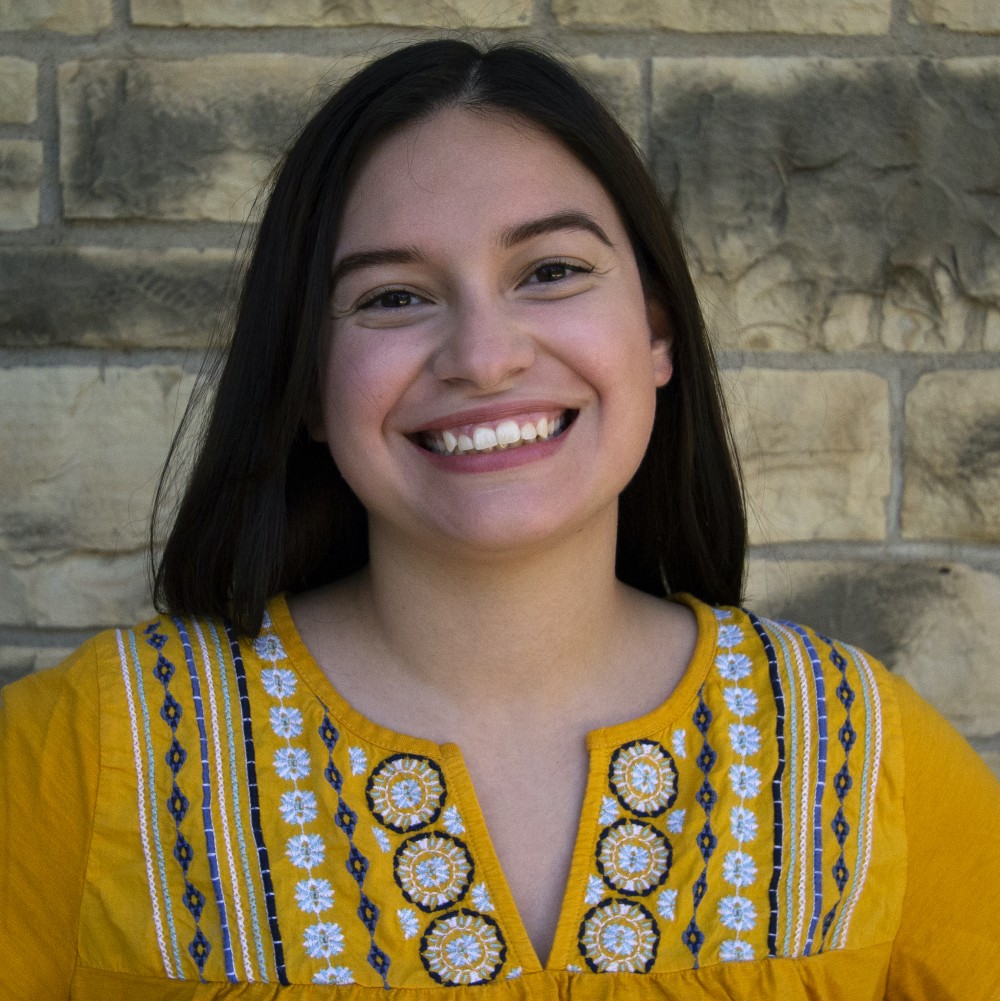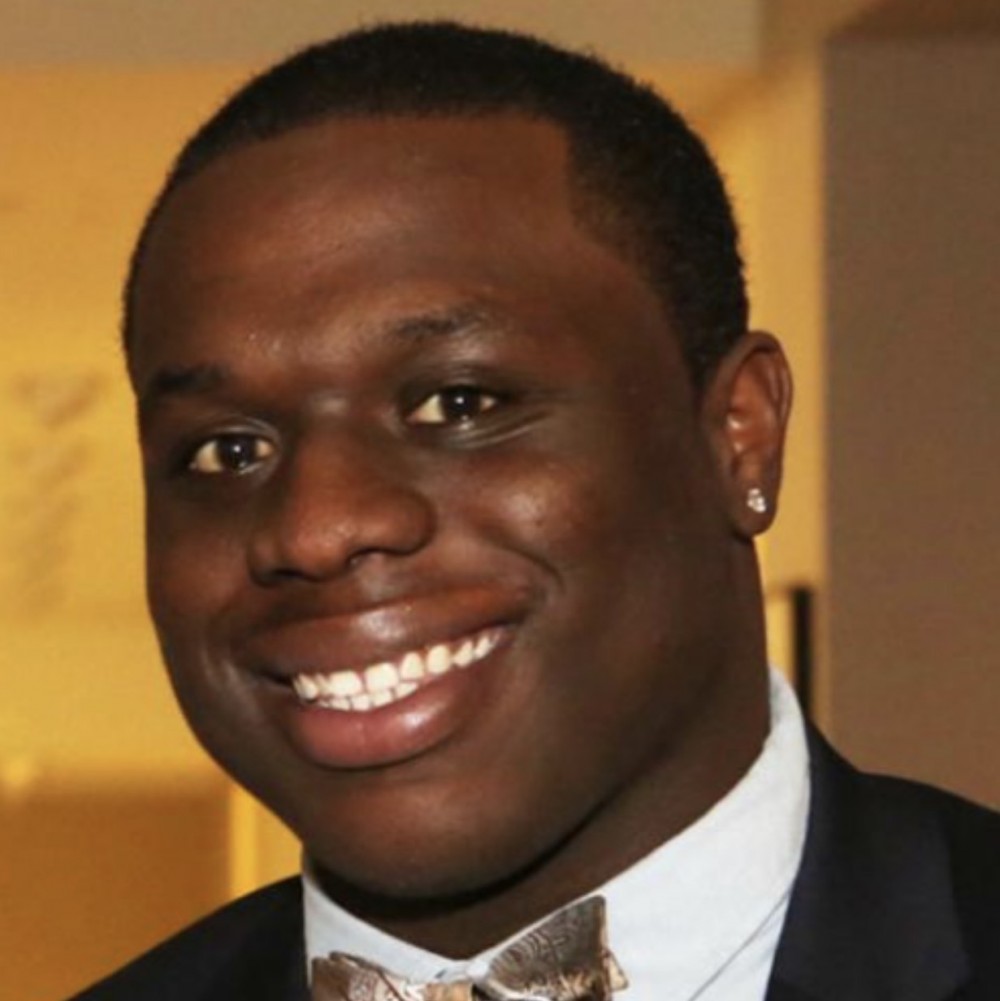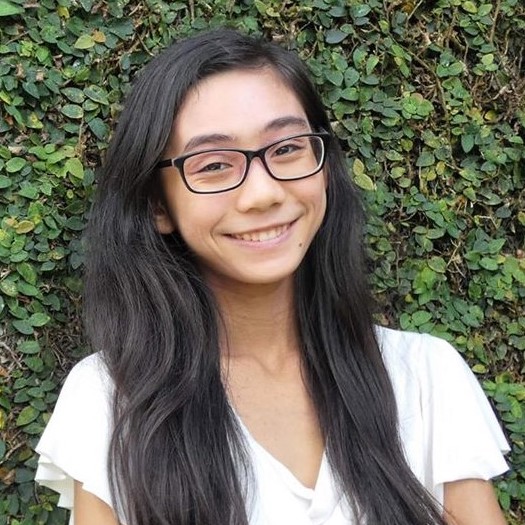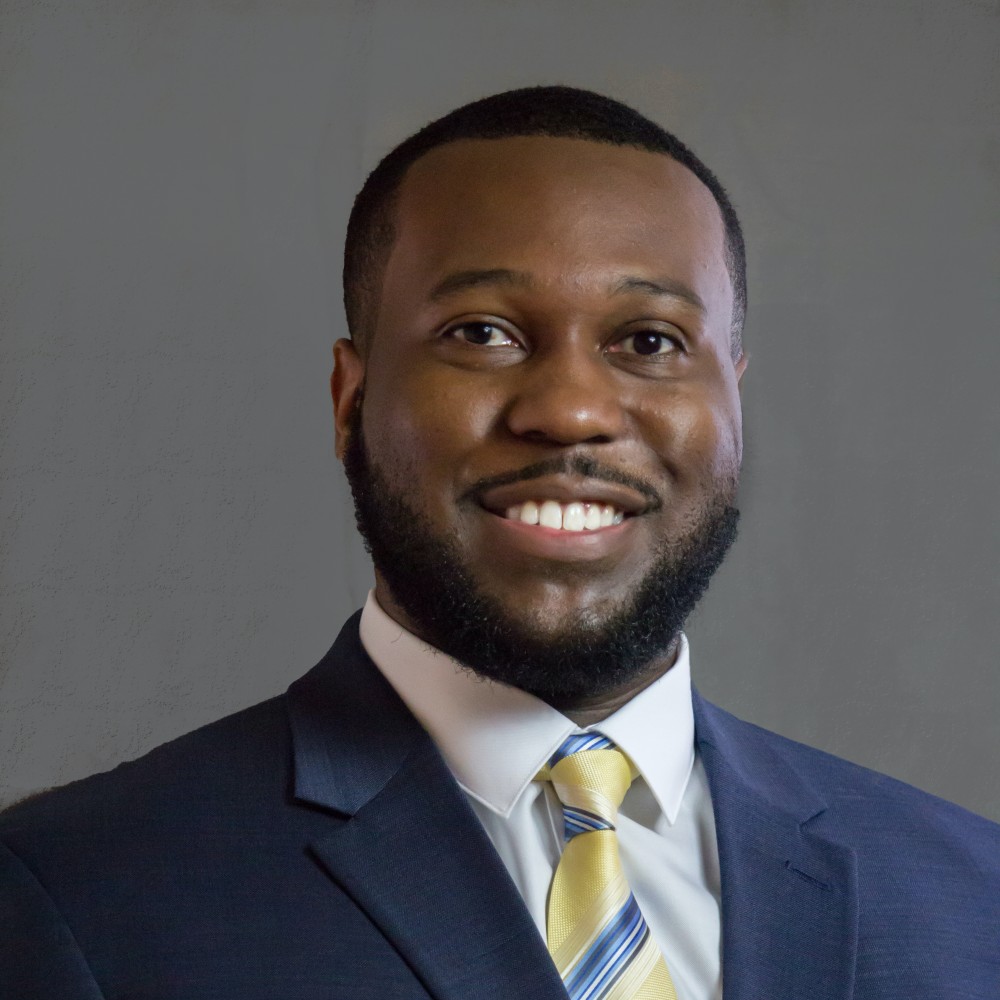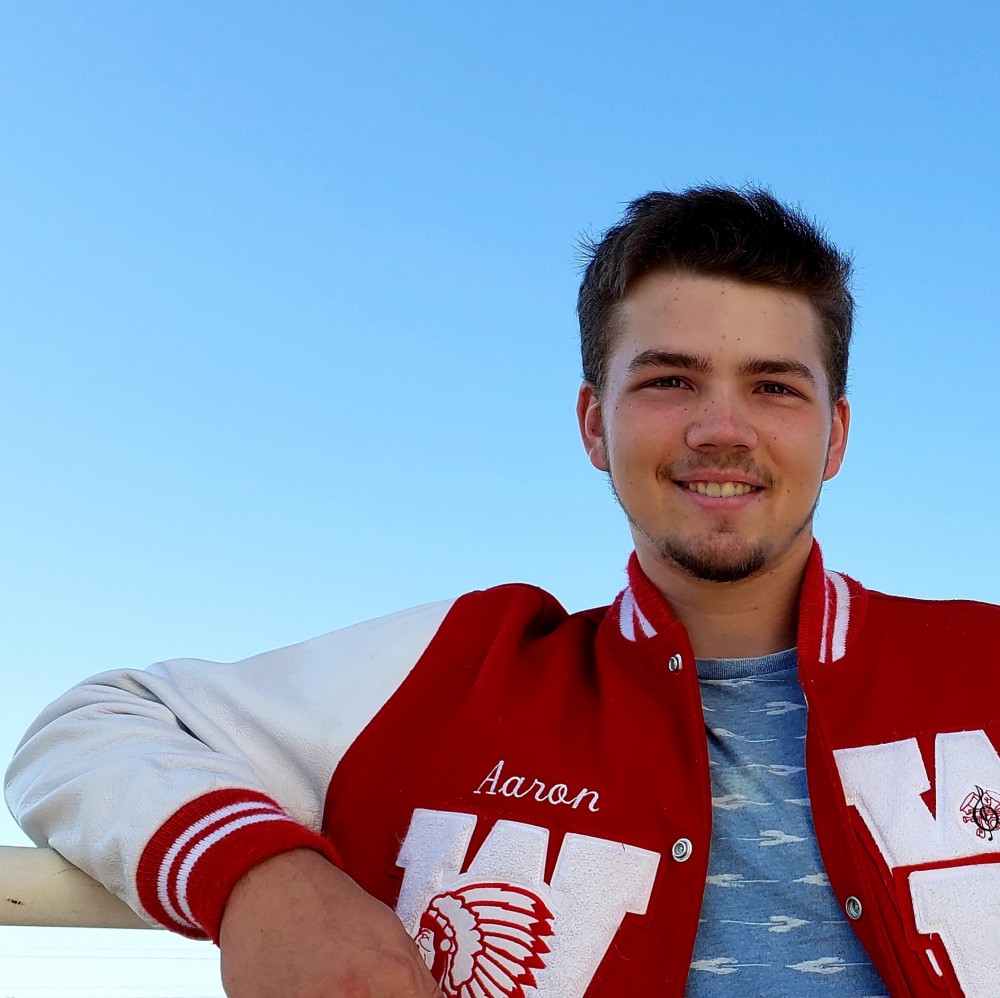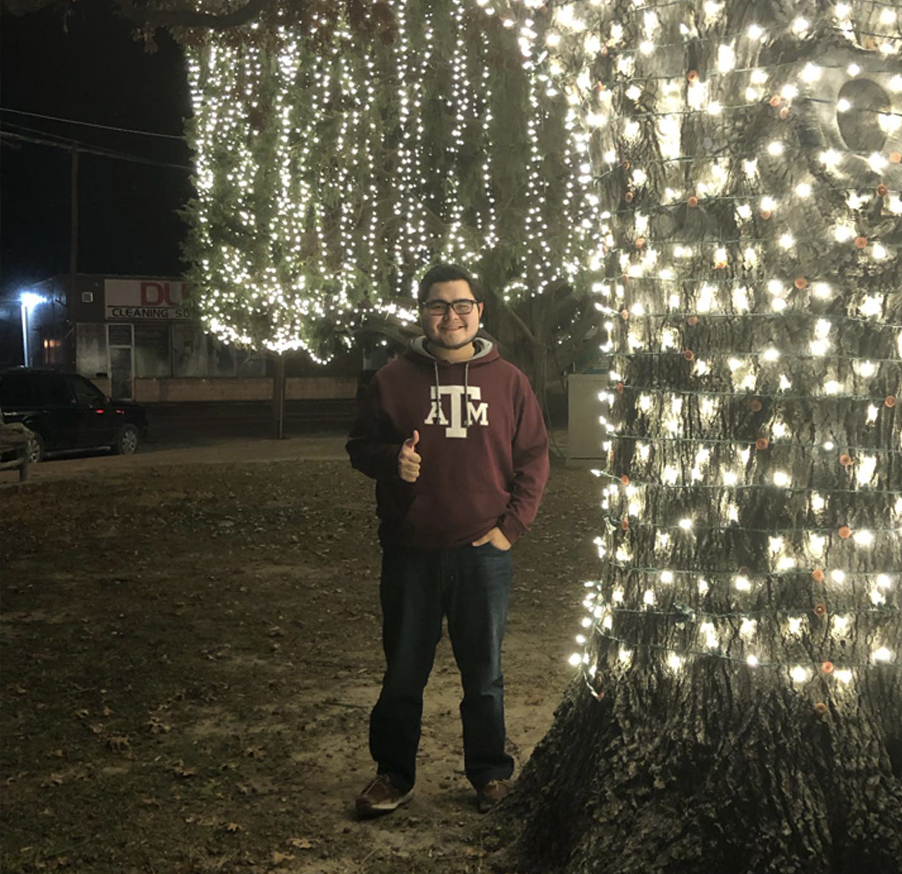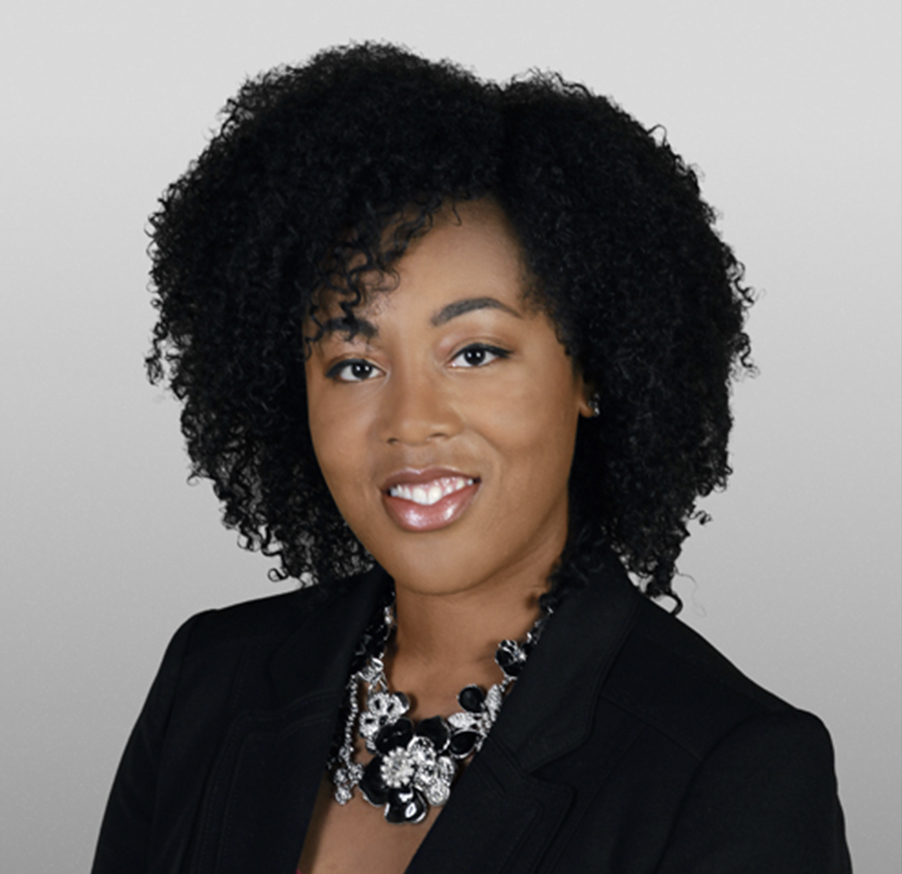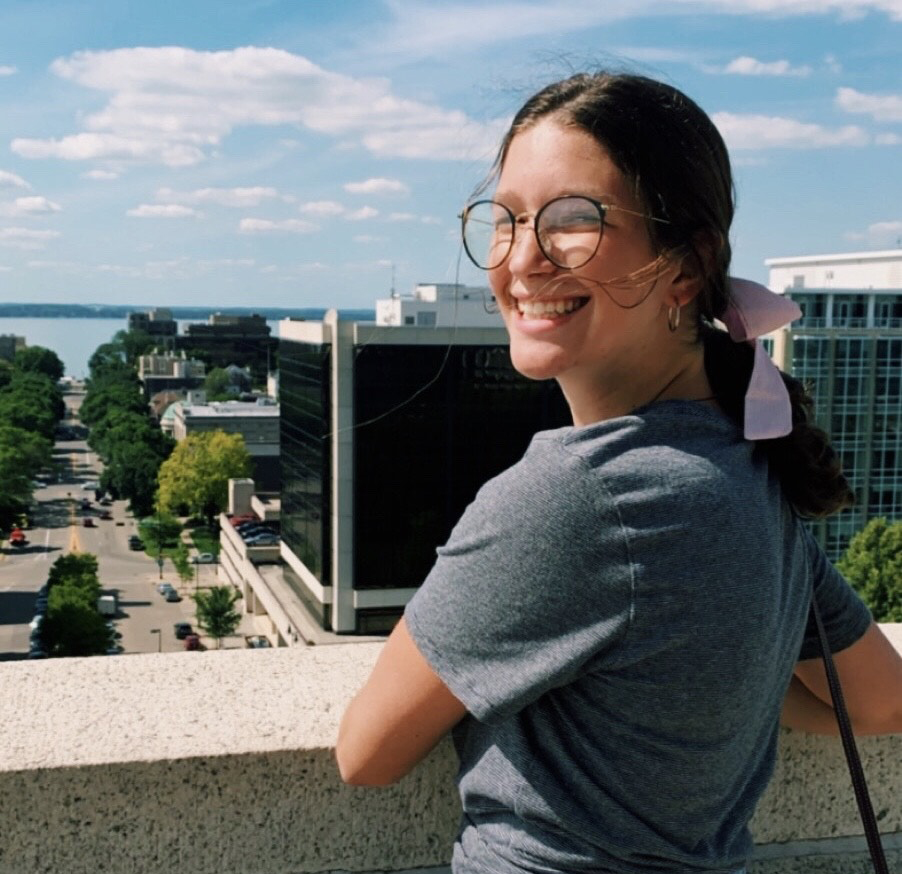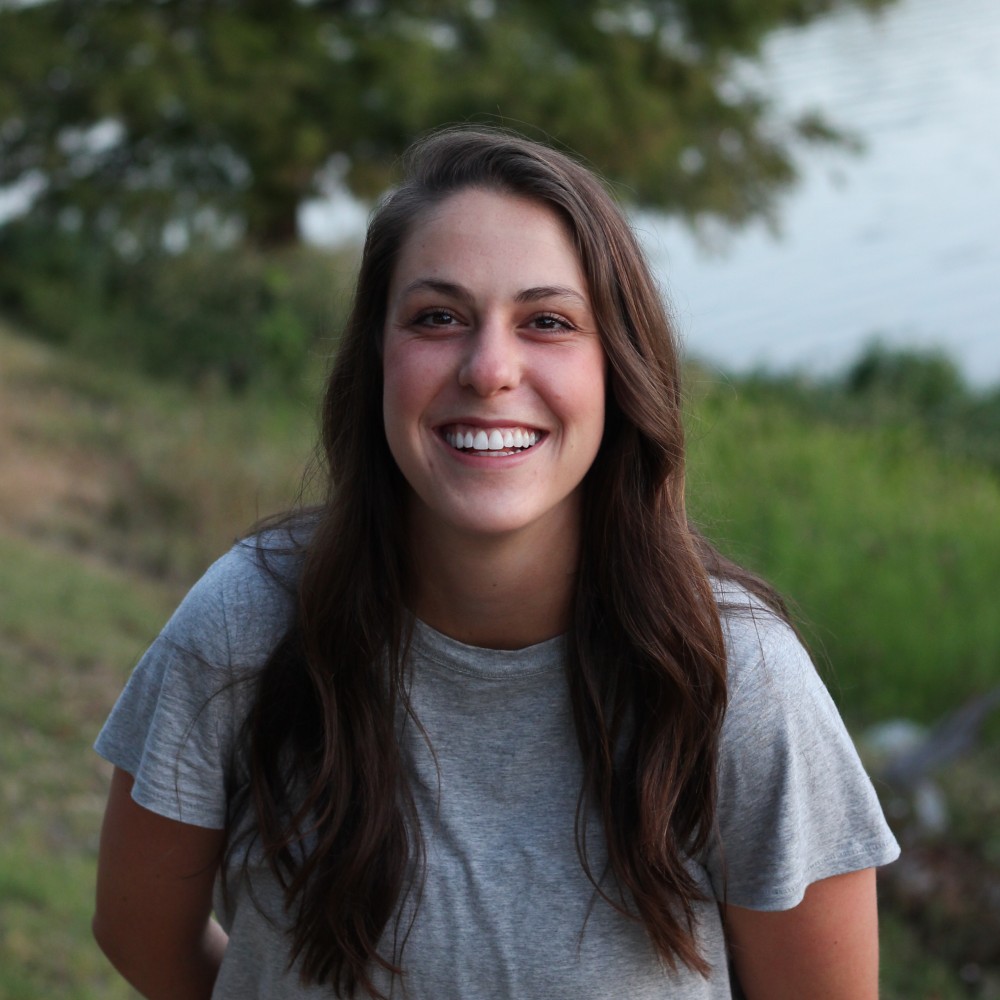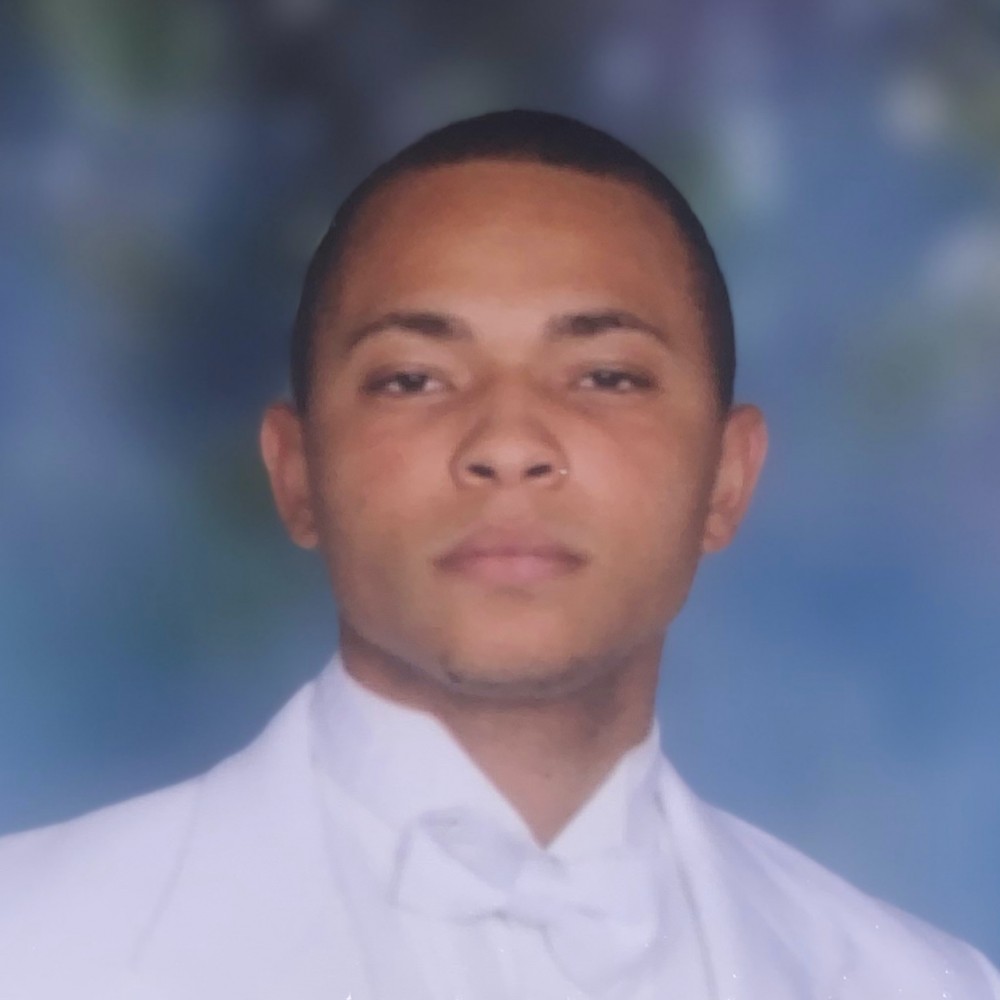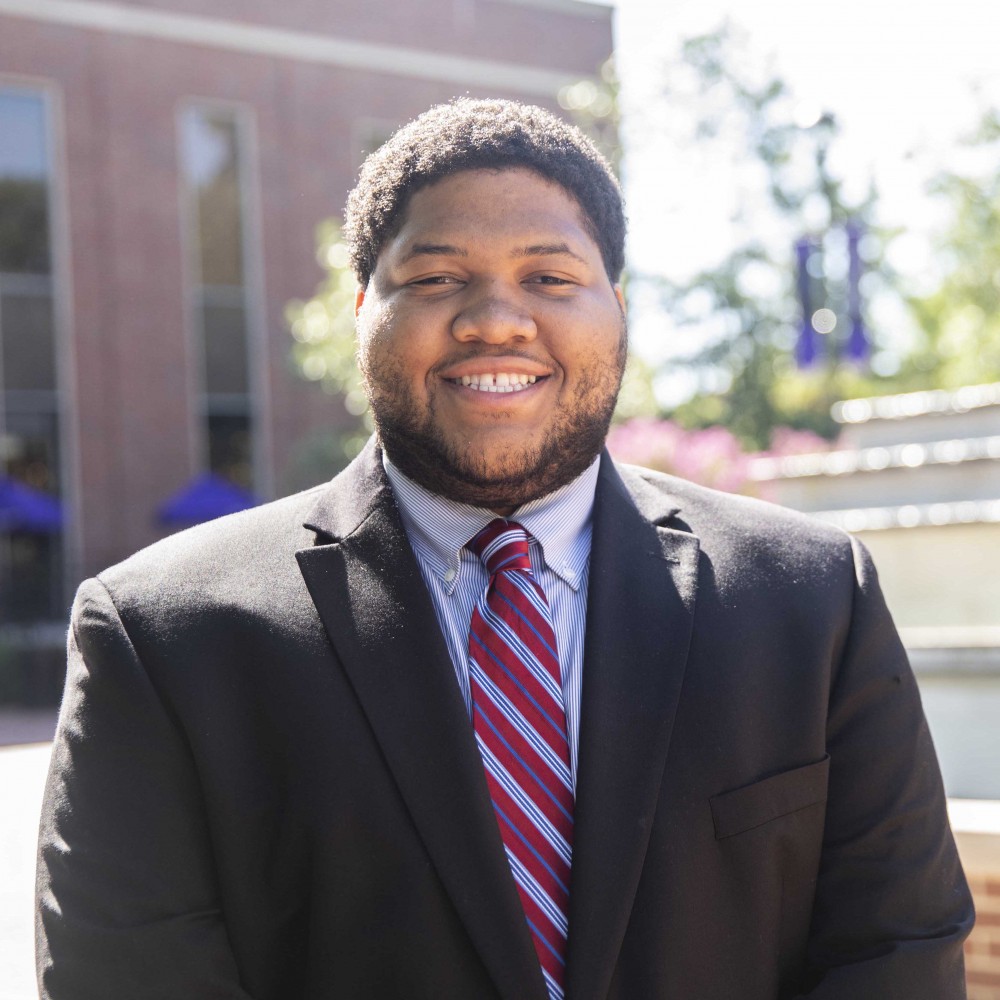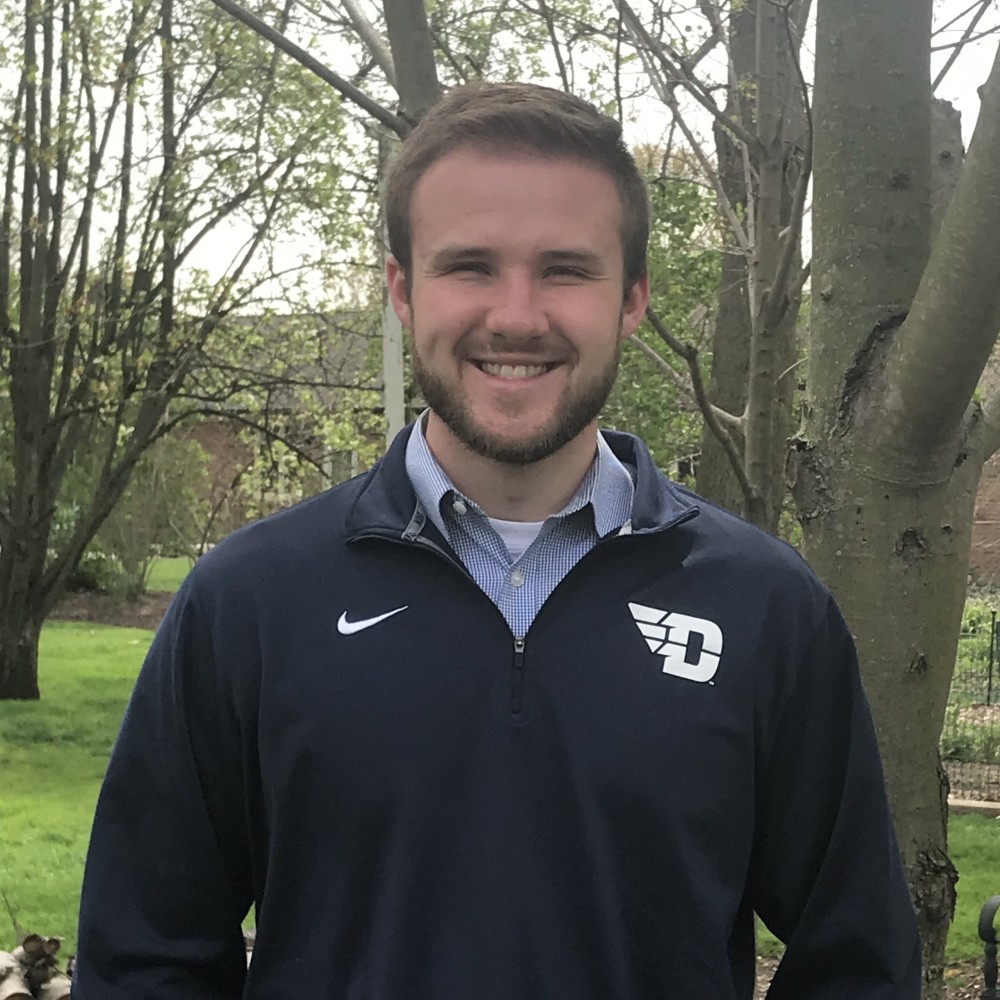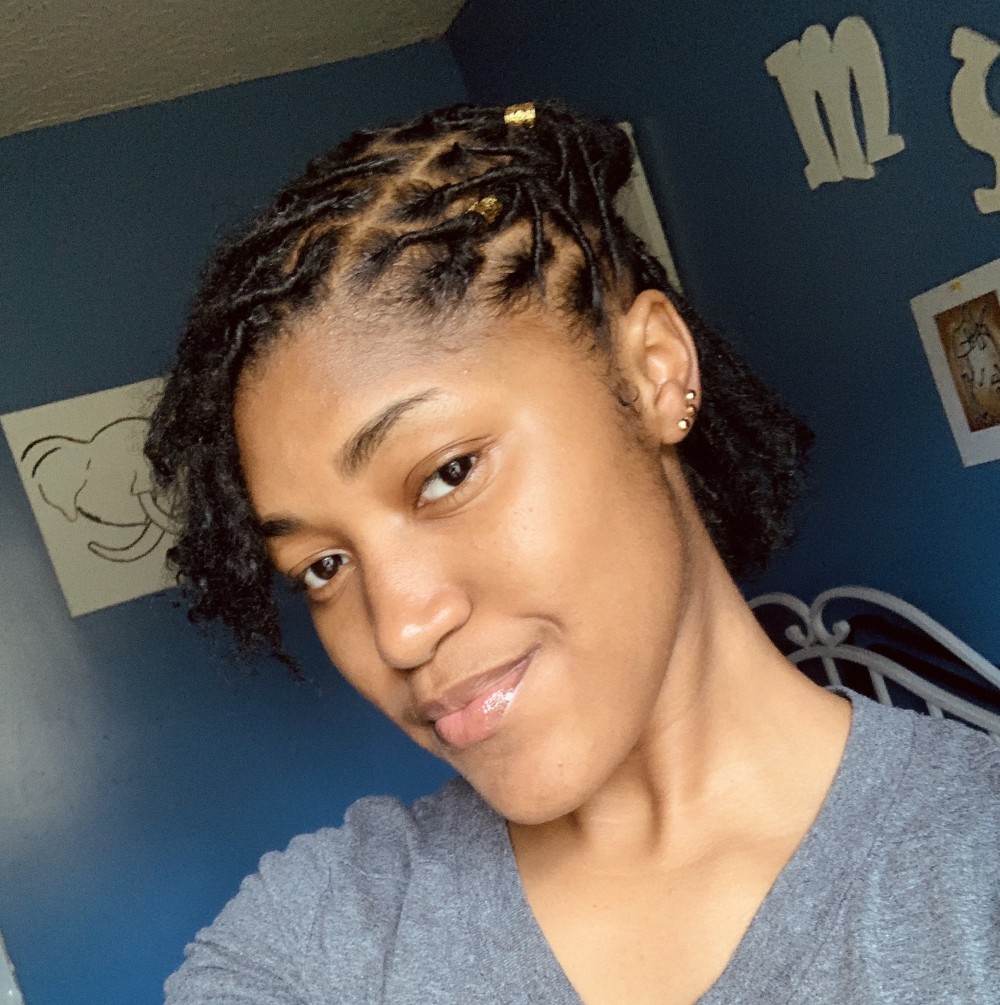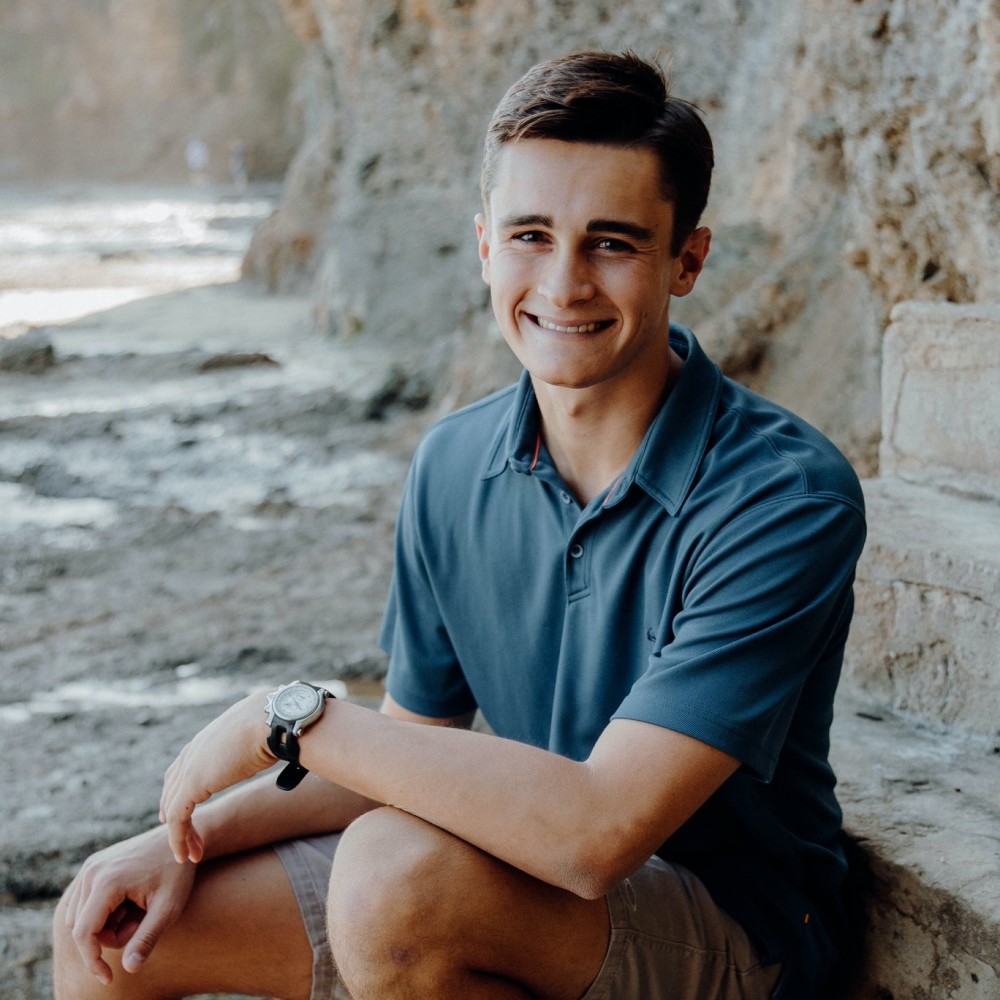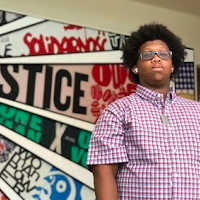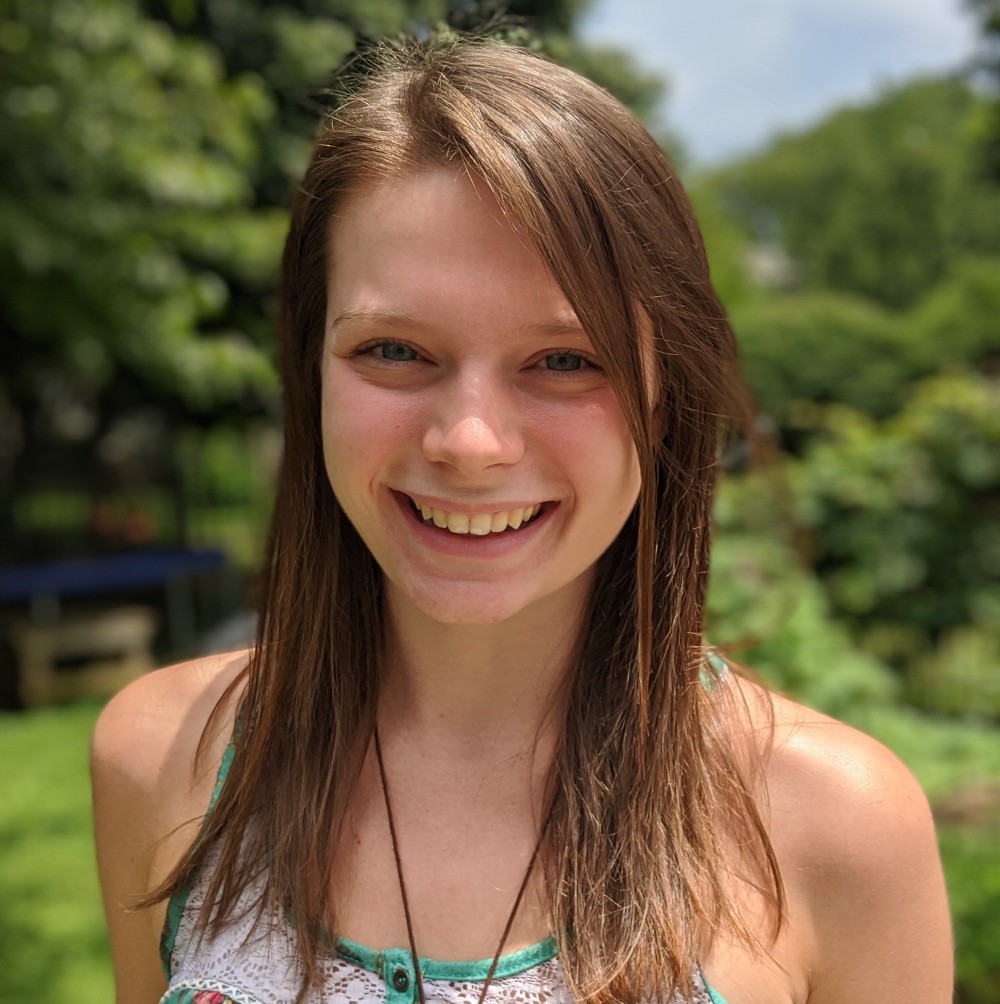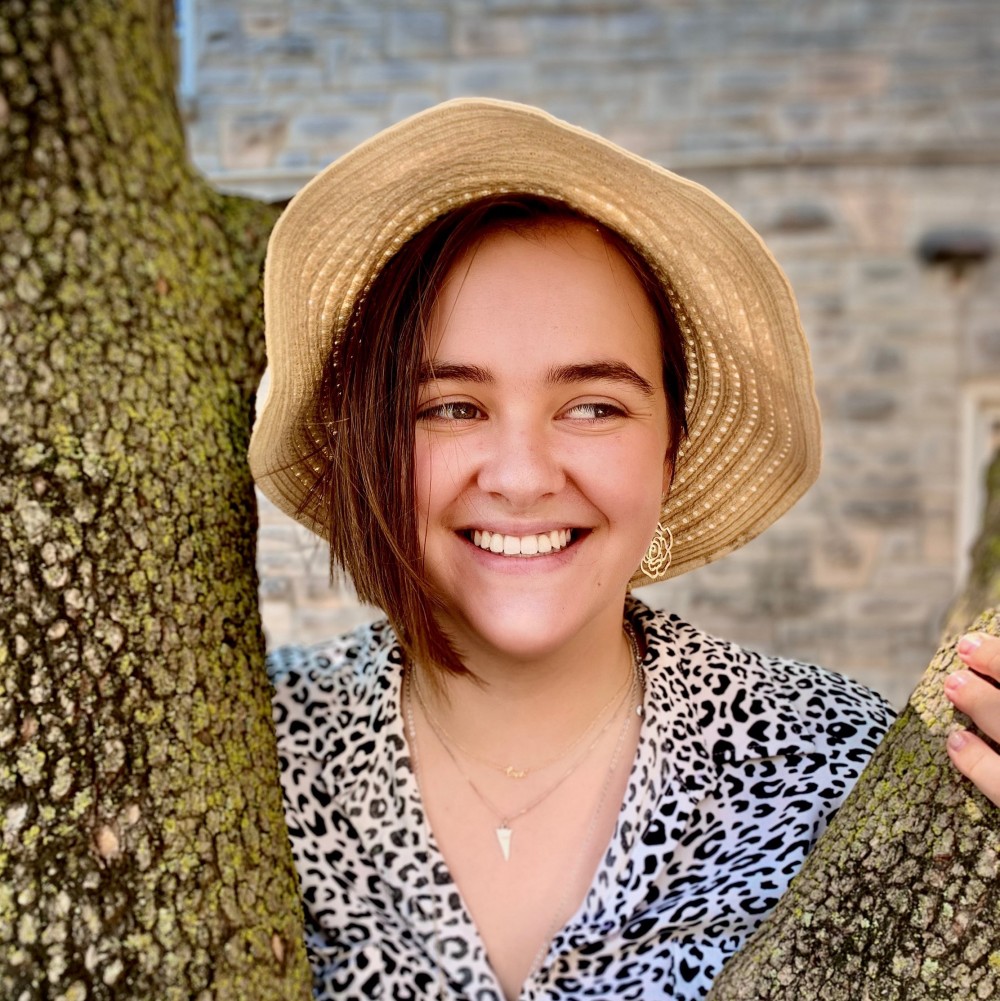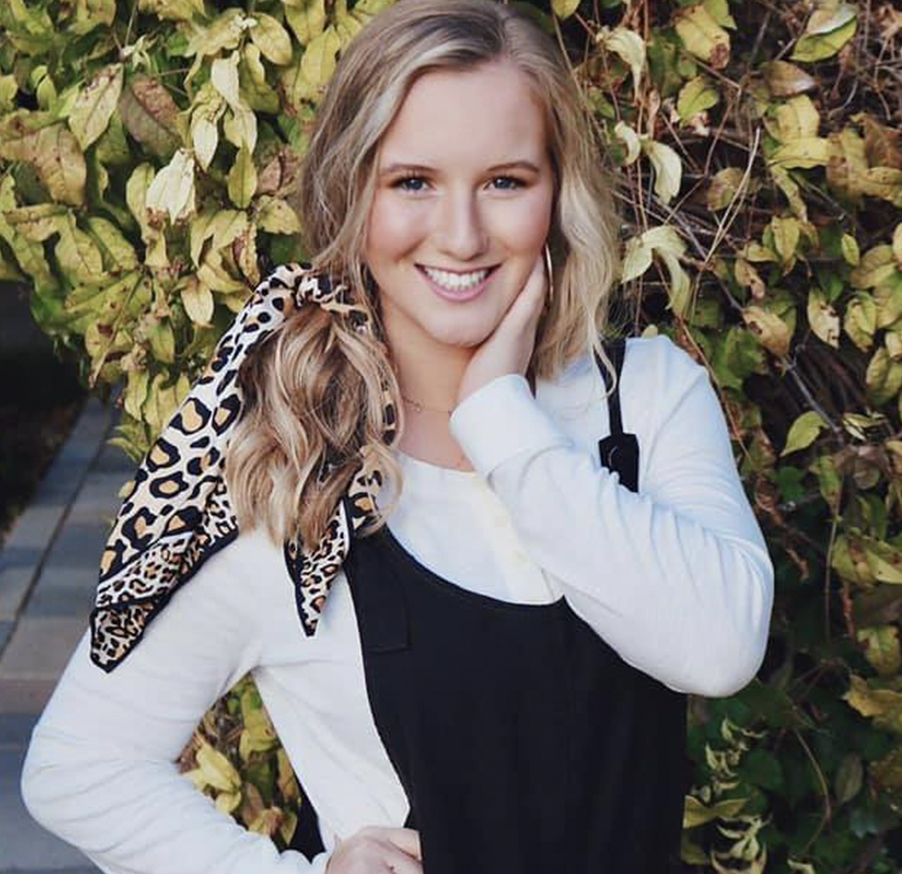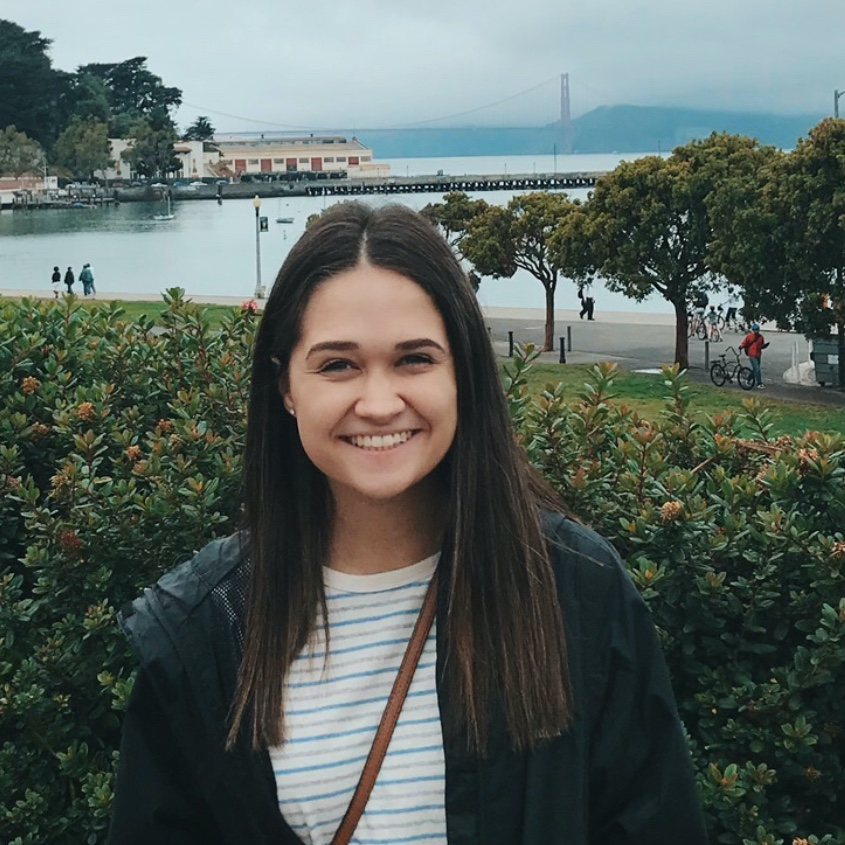
I felt as though my faith and understanding in God was much deeper and theologically based than it was before. The program pushed my thinking, the way I viewed faith and even the way I read my Bible.
Why did you attend the program?
My uncle was a former professor at Northwest University and had reached out to my parents about this new program called “Summer Journey.” It was aimed towards high school students who desired to be pushed and grow in their faith theologically. I was encouraged by my family to attend since I was wanting to dive deeper into my faith and wasn’t quite sure what I wanted to do post-graduation. As I thought about attending, there was something in my mind that simply told me this was something I should do.
Additionally, being from Arizona, I was eager to finally see the beautiful Pacific Northwest and this program allowed me the opportunity to do so. So, with those two things in mind, I applied. Little did I know, by attending this program, I actually found the school I’d later attend full-time and the calling the Lord had placed in my life.
Going into the program, I was really struggling with what exactly God had in store for me. I was entering my senior year of high school and had no clue what I felt like I was supposed to do next. I was unsure of the part I played in God’s story and how he would use me and my life for something good. It was as if I was always asking myself, “What’s next?” and could never find the answer. I was fortunate to have found that answer after a few days of attending the program.
How was your experience during the event?
I had an incredible experience while attending the Summer Journey program. We had the chance to sit in and hear from professors of the College of Ministry at Northwest University. They explained what it meant to be a part of the story of God and the roles we now had. After each lecture we got the chance to sit down with our small groups and talk about what we had just learned.
Our mentors continued to push our thoughts with great questions, and it allowed for the conversations to continue. On top of that, we also had many opportunities to have fun outside of the classroom style learning. My year, we got the chance to go to a Mariners game and backpack in the mountains, all while making new friends with people I’d never have had the opportunity to meet before!
What did you learn about yourself, the world, or ministry at this time?
During my time there, I had the opportunity to not only grow and learn the Bible in a new and deeper way, but I also learned exactly what the Lord was calling me to do. For the last year prior to this event, I had felt an urge to go into ministry. The only thing was, I couldn’t quite put my finger on what exactly that looked like. For the closing ceremony, one scholar was selected to speak on behalf of all those who attended; I just so happened to be selected. I eagerly wrote my speech and had the opportunity to share it in front of everyone (and those who came to celebrate with us).
After I had finished, I felt as though speaking and preparing words for the public was something I wanted to continue to do and pursue. Later in the day, the director of the program came up to me and encouraged me to pursue ministry, but more specifically preaching. I kept this in the back of my mind as I prepared to go home. Following that summer, I prepared for my senior year of high school where I was given many more opportunities to write and speak. The encouragement I received from this program pushed me to have the courage to give the student speech at my high school graduation and decide to pursue a degree in Pastoral Ministry at Northwest University.
Do you feel better equipped for the future after attending?
After my time, I definitely felt more equipped for the future than I had before. I felt as though my faith and understanding in God was much deeper and theologically based than it was before. The program pushed my thinking, the way I viewed faith and even the way I read my Bible. I was always someone who took what I read and never really thought to consider all that the book or documents were offering. Additionally, I had the chance to read from different scholars who studied way before my time and understand how they interpreted faith and God. It opened my eyes to realize so much more than what I had originally thought.
What was the best thing about attending?
I wish I could simply answer with “everything!” because I truly did enjoy every part of my experience attending this program. However, if I did have to pick one thing, I would have to say the best part of attending this program was the opportunities it allowed and created for me in the future. I attended the program in 2017 as a scholar and in 2019 had the opportunity to attend the program again, but this time as a mentor. I had the chance to be on the other side of the program, pushing and helping students learn their role in God’s story. Both my times being a part of the program grew my faith and reassured me that ministry is exactly where God has called me and exactly where I want to be.
How have you engaged in ministry since the program, or how do you plan to be engaged in ministry in the future?
Because of my experience at this program, I am currently studying full-time to earn my degree in Pastoral Ministry. My hopes and dreams are to one day use that degree to become a youth pastor and serve full-time in the church. I truly found Jesus in high school thanks to the youth pastor and mentors I had at the time. I believe that junior high and high school is a great time to reach and encourage youth students, because for many it is their most vulnerable and challenging age.
What advice would you give to someone who wanted to attend?
The one thing I would encourage someone who was thinking about attending would be to simply to go for it and give the program and the Lord the chance to open your eyes and change your life when it comes to your faith. At first, the program might seem odd or not for you, but I promise if you give it a chance, you’ll have the time of your life growing with God and meeting new friends along the way that you just might keep forever.
